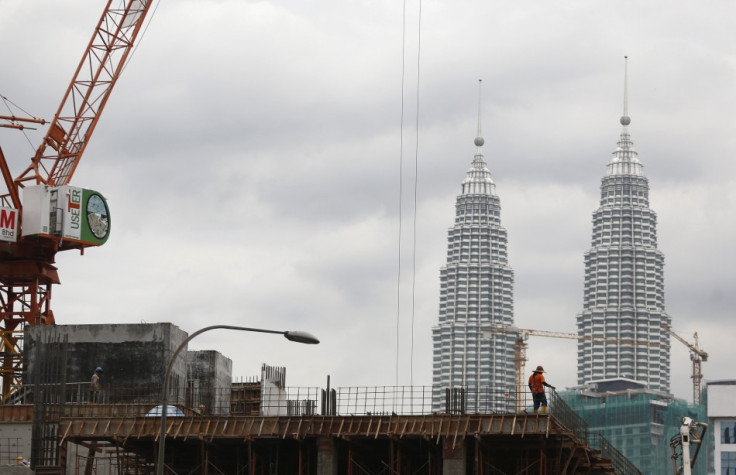Malaysians Set to Face Austerity Amid Rising Debt Levels

Malaysian Prime Minister Najib Razak is resorting to austerity measures in a bid to increase revenues to fill its budget gap and bolster its current account after Fitch Ratings cut the country's credit outlook.
After returning to power in May, with the help of his spending measures appeasing voters, Razak raised subsidised fuel prices for the first time since 2010 and said the government would delay some infrastructure projects, involving heavy spending. He is also considering imposing a goods and services tax in his 2014 fiscal plan due 25 October.
That comes after credit rating agency Fitch Ratings cut Malaysia's credit outlook to negative in July, citing rising debt levels and a lack of budgetary reform.
The government's austerity move also stems from fears about the stimulus cut by the US Federal Reserve. The concerns about the Fed tapering and the related capital outflows from emerging markets have hurt countries like India and Indonesia, which are already struggling from widening current account deficits and higher subsidy costs.
Depreciation of the Currency
Asian countries in general suffered value decline in their currencies. The Malaysian ringgit shed about 2% this quarter, one of the worst performers in Asia. The dollar is trading at 3.25 ringgit, up 0.47%, as at 10:00 am GMT.
Furthermore, the country's debt-to-GDP ratio is the biggest among 13 emerging Asian markets after Sri Lanka at 53.3%, according to data compiled by Bloomberg.
Malaysia's budget deficit is likely to exceed 4% of GDP in 2013, according to Moody's Investors Service. The credit rating agency also warned that the government's fiscal targets will become "increasingly out of reach" in the absence of counter measures.
The planned austerity measures are expected to lead to high inflation in the country and a slower economic growth. Diesel and gasoline costs will be increased by 11% in September, boosting overall consumer prices.
A delay in state-funded infrastructure projects would mean a slowdown in economic growth. Economic growth is likely to slow to 4.3% this year, the worst performance since the global recession in 2009, according to DBS Group Holdings.
In order to win in the May election, Najib announced voter-friendly measures such as smartphone rebates for youths, household electricity subsidies, and higher wages for civil servants.
© Copyright IBTimes 2024. All rights reserved.






